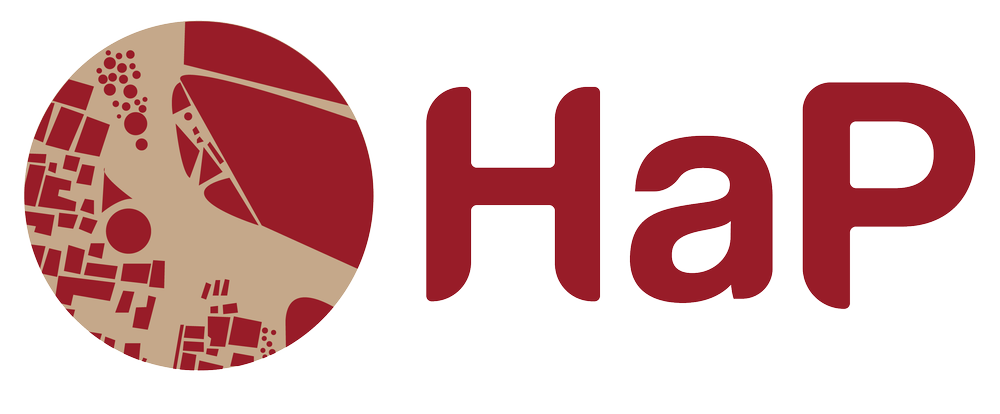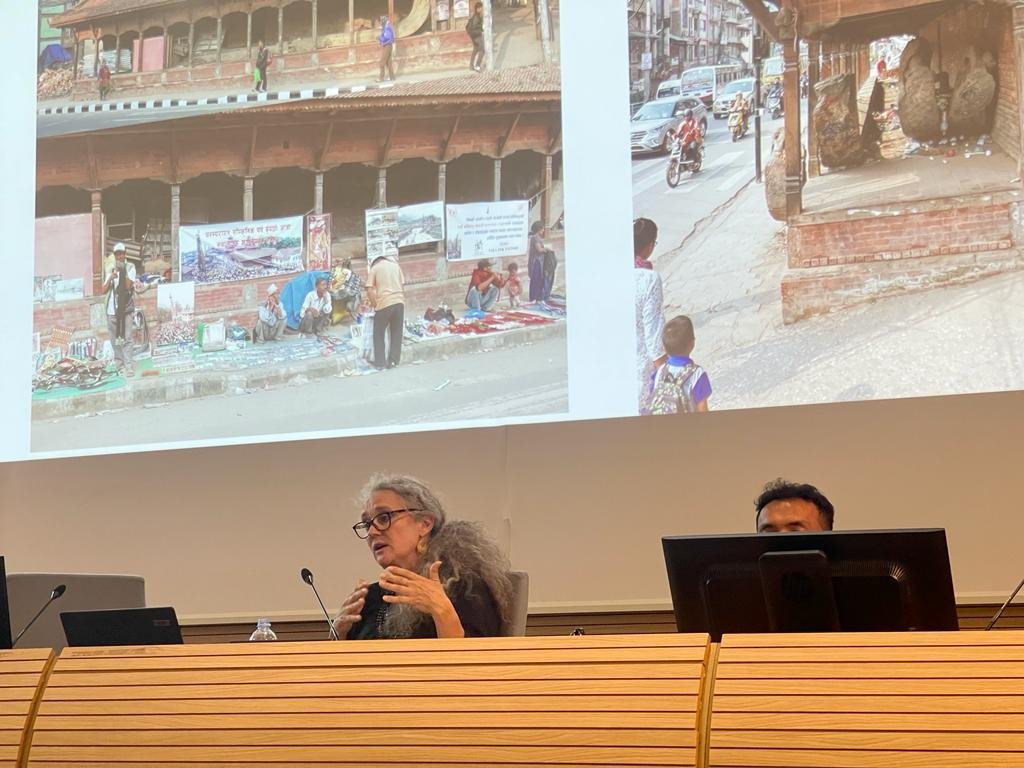On July 28, Christiane Brosius presented her work on placemaking and its infrastructures in the Kathmandu Valley as part of the ECSA2023 conference in Turin. The paper was titled “Infrastructures of placemaking. Cultural heritage in a transforming city.”
Abstract:
Urban transformation is intimately connected to social agents, aspirations and built forms that impact on the fabric and life of a city. This paper explores the ways in which the procession of Buṅgadyaḥ can be connected to discussions on placemaking, different patterns of mobility and inertia, and to the ways in which diverse qualities of material and immaterial infrastructures regulate the journey of this particular chariot. The research on which this paper rests engages with the procession’s connections to the architectural type of the semi-public rest house (new. phalca/ nep. pati). This is a particular spatial form in the Kathmandu Valley that is often overseen when cultural heritage is addressed. This “vernacular” heritage is, however, an access point or contact zone for the study of private and public space, for ritual performance and political contestations, in particular after the earthquakes of 2015. It makes visible intangible heritage and social exchange. The paper thus also brings in ethnographic findings from research on the musicscapes that accompany the procession, and in particular, a music group that has strong historical and ritual associations with this procession in particular. This way, the paper hopes to shed new light on the dynamic urban topography and social fabric of Kathmandu Valley.
The talk was part of a panel, 10 – Stasis and Motion in the Processional Culture of Kathmandu Valley: The Buṅgadyaḥ Yātrā Revisited, which was also convened by Christiane Brosius, alongside Manik Bajracharya and Rajan Khatiwoda.

